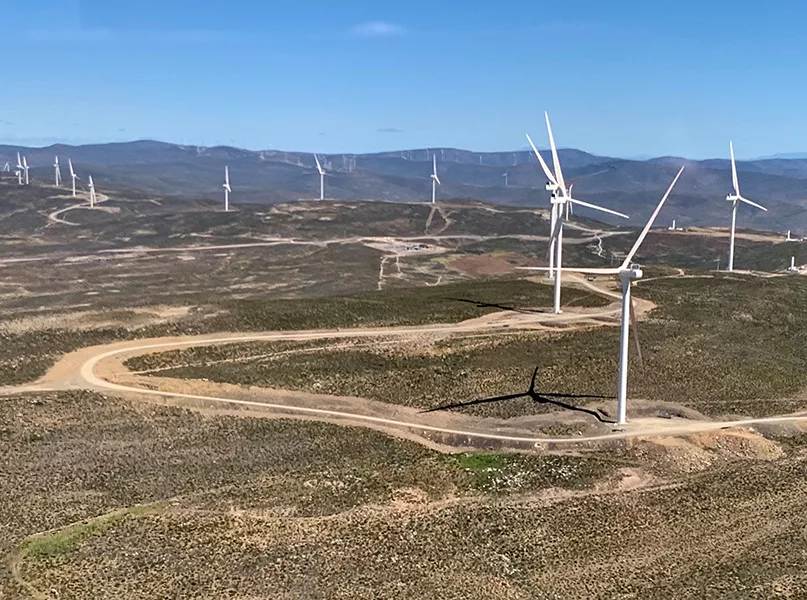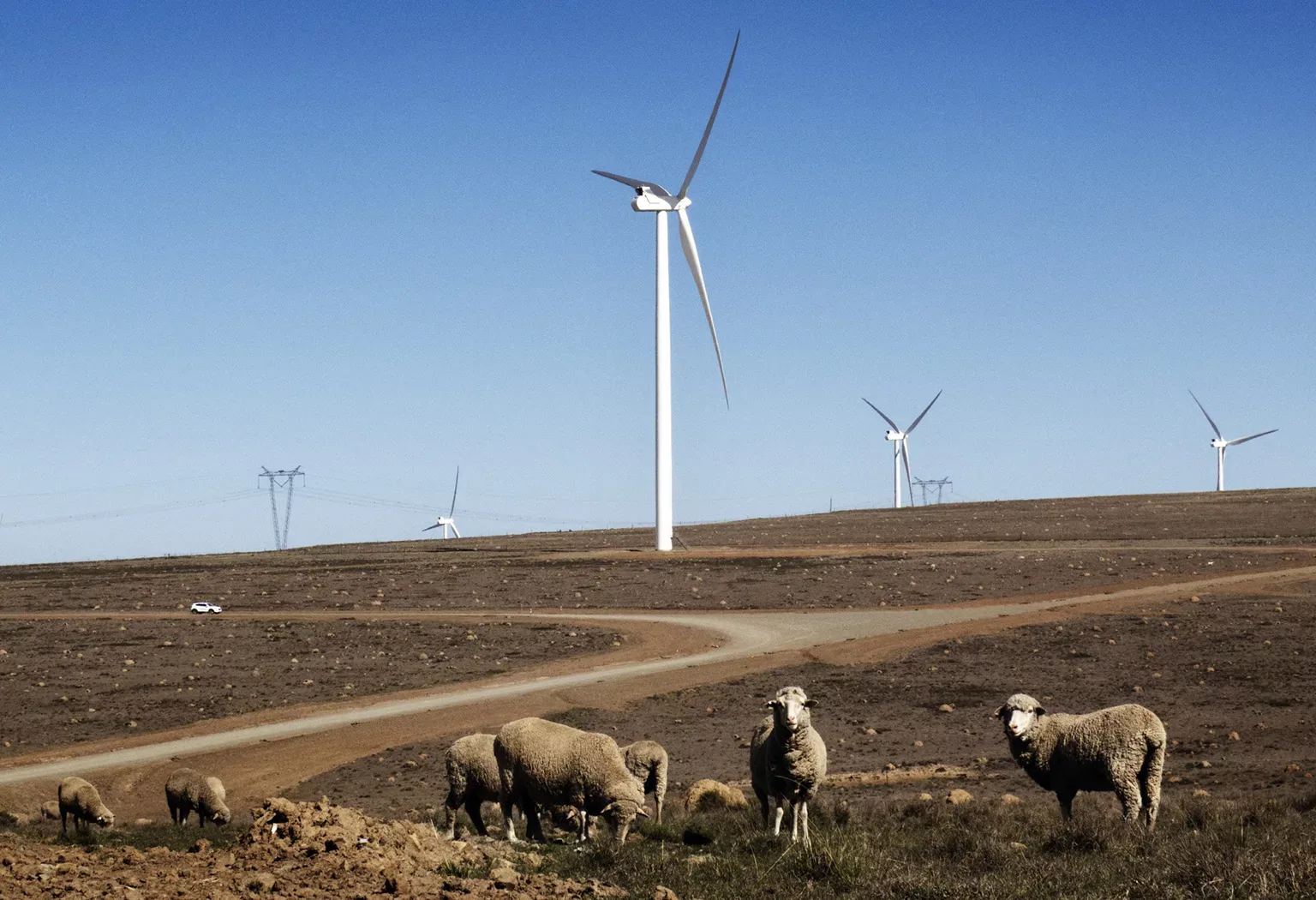As South Africa’s renewable energy sector grows, so does energy and utilities company African Clean Energy Developments. James Cumming, General Manager, tells us more about its recent expansion and vision for the future.
EMPOWERING EXPANSION
In recent years, South Africa’s energy and utilities sector has undergone considerable change in response to an energy crisis which has seen nationwide undersupply, coal obsolescence, and a poor and ageing coal fleet.
Consequently, the country finds itself amid a widespread transition towards renewable energy, which has seen the government deregulate the power market and encourage renewable energy deployment.
As a result, private energy generation and offtake, embodied by the work of African Clean Energy Developments (ACED), is now widely encouraged, placing the company at the helm of South Africa’s clean energy industry and transition.
“We are in the midst of a global energy transition, and to be part of that is fascinating and meaningful in a number of ways,” opens James Cumming, General Manager of ACED.
The company, headquartered in Cape Town, has been in operation since 2008 and developed more than 700 megawatts (MW) of wind power, as well as 500MW of solar power, under the Department of Mineral Resources and Energy’s Renewable Energy Independent Power Producer Procurement Programme (REIPPPP).
The company also has 170MW of wind and 30MW of solar projects currently under or completing construction in the private offtake market.
“To have ACED leading this market is extremely rewarding for the team and our business. Beyond what it means for us and our shareholders, it’s great to be solving South Africa’s current energy crisis with clean power and local capital, whilst creating jobs and fostering investment,” he continues.
The company’s private projects have been market-leading South African firsts, providing clients such as Harmony Gold, Sibanye Stillwater, and Sasol South Africa with low-cost, zero-emission power solutions.
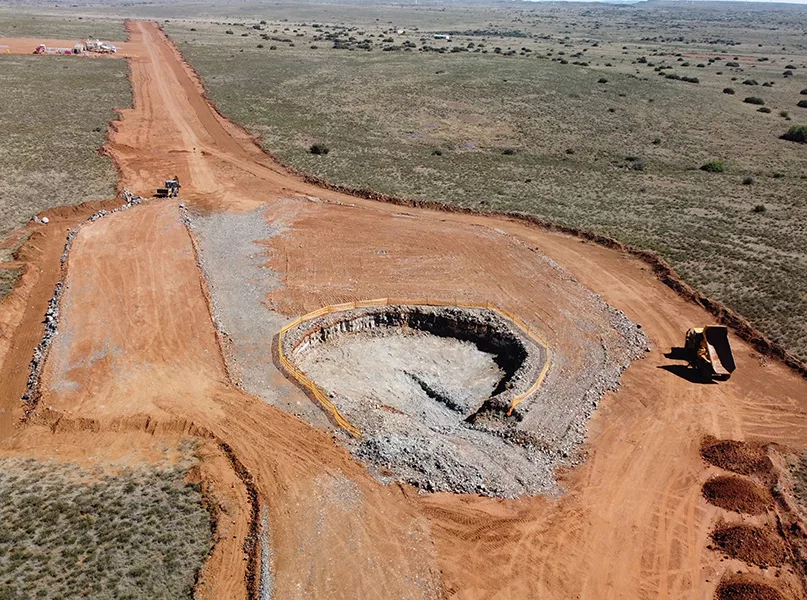
SEEKING OUT SUCCESS
With a further 470MW of private ACED projects due to enter construction in the next two quarters, Cumming attributes the company’s success to a number of core competencies.
“As a business, we are particularly solution and execution focused. We are a lean team of highly skilled and motivated people that get things done by maintaining a sense of opportunism and entrepreneurialism, while ensuring we are professional and honour the fiduciary duty of our shareholders,” he divulges.
ACED is further developing more than four gigawatts (GW) of wind projects and 5GW of solar photovoltaic (PV) projects for private clients and governments, mostly in South Africa, but also in Eswatini, Namibia, and Malawi – projects that epitomise the company’s expertise.
ACED has a unique track record of taking projects from early development to financial close, contributing to its overall success.
“It allows us to ensure we close the loop in development and delivery, ensuring expedience in starting with the end in mind, and enabling more value engineering in the push to financial close and construction.”
Renewable energy projects, much like most large infrastructure projects, can take many years to come to life, but ACED has shown an ability to consistently deliver whenever the market allows.
“From greenfield development to financial close and delivering a project to commercial operations, we pride ourselves on being swift, organised, and facing the plethora of challenges that arise in this industry, head-on,” Cumming highlights.
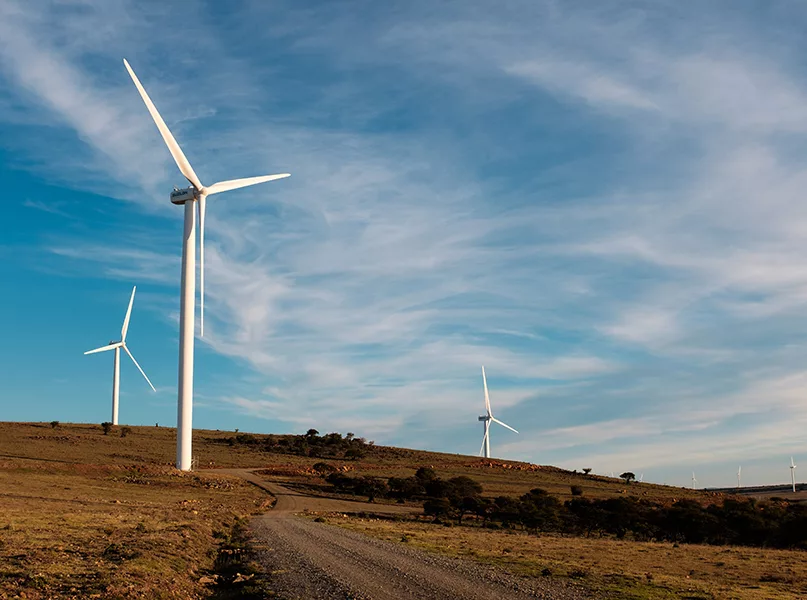
PRIDE IN PEOPLE
ACED benefits from having a focused team of committed employees. The company entrusts a team of 17 dedicated people with the development and asset origination of its projects.
A larger team works diligently across various parent and sister businesses, covering roles from support to asset management, bringing an additional 45 people into the full project life cycle.
“Our staff are everything. We would be nothing without them; they are ACED,” Cumming states appreciatively.
In a booming energy market, ACED has experienced exponential growth of late, demonstrated by its ongoing development and origination efforts. In response to the company’s recent expansion, Cumming details how the team adapts and grows.
“With the market as hot as it is, the days are long and stress levels are often high. We like to think of ourselves as a family but also as a high-performance sports team,” he elaborates.
“We expect a lot from each other, but I’d like to think no individual ever feels alone or over-stretched – hard work gets recognised, and growth aspirations can constantly be explored.”
In addition to its employees, ACED values its financial partners highly. Owned and funded by Old Mutual’s African Infrastructure Investment Managers (AIIM), and the IDEAS Fund (one of the AIIM managed funds), ACED is part of a well-established and vertically integrated ecosystem of businesses within the group.
Most notable is Energy Infrastructure Management Services Africa (EIMS), who manages the assets of ACED-developed projects to ensure optimal performance.
Enabled by a supportive network of owners and partners, considerable exposure to multiple work streams symbolises growth and advancement within the company.
“While it is hard work, it is also interesting and rewarding in a number of ways,” Cumming reflects.
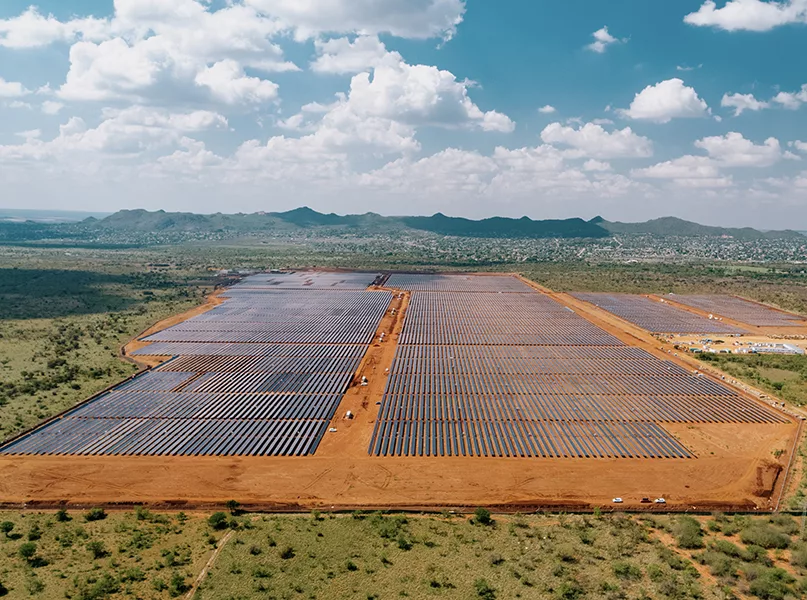
CELEBRATING SUPPLY CHAIN
As a considerable clean energy player in South Africa, ACED naturally relies heavily on its suppliers.
“Supplier relationships are vital to the success of our projects. With this in mind, we do our best to ensure we run rigorous, fair, but competitive tender processes,” explains Cumming.
The company values its suppliers and contractors highly and views them as partners in its projects. ACED recognises the challenging commercial discussions that must take place as it seeks to balance economic risk within a tough climate, yet supplier and contractor relations remain strong.
Notably, the company carries out its wind farm developments under split contracts and solar PV is still typically an engineering, procurement, and construction (EPC) contract. Therefore, ACED’s direct relationship with equipment suppliers on these projects is typically limited.
However, this is beginning to change as the company seeks to ensure competitiveness across its procedures.
“This doesn’t apply to wind turbines, where we contract directly with original equipment manufacturers (OEMs). We have done projects with all the major players over the years,” Cumming clarifies.
ACED aims to treat suppliers and contractors equally, not necessarily having explicit framework agreements in place as yet.
“It is useful to be able to call on past relationships and documentation sets when completing new projects,” he comments.
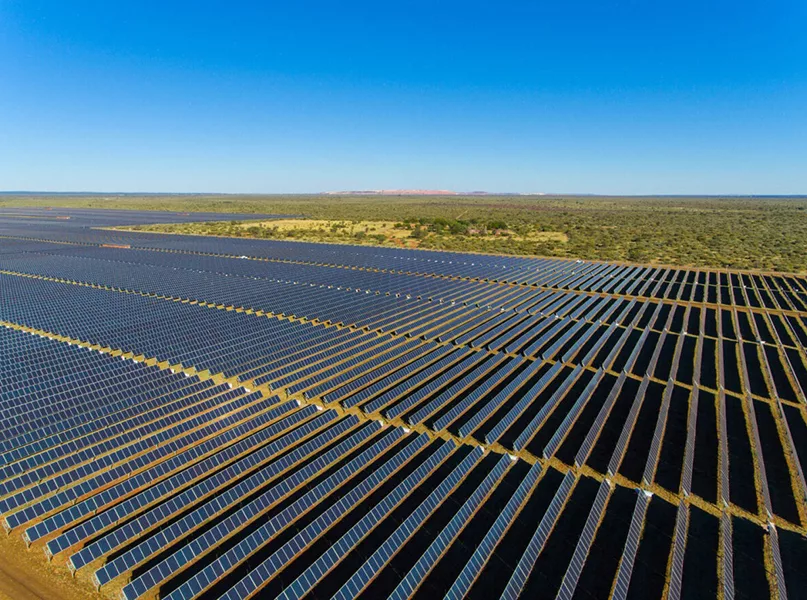
LOOKING AHEAD
The Msenge Emoyeni Wind Farm and Castle Wind Farm can be seen as prime examples of the company’s recent expansion, as they are the first private wind power projects in South Africa and the only ones in the country to have reached financial close at the time of writing.
“The Msenge Emoyeni Wind Farm is eight months into construction. It has an installed capacity of 72MW and uses Goldwind turbines.
“Comparatively, the Castle Wind Farm is six months into construction with an installed capacity of 96MW, and also uses Goldwind turbines,” informs Cumming.
Each of ACED’s new wind farm developments are under wheeling arrangements with large global companies that benefit as offtakers.
A rise in South African wheeling agreements can be seen as emblematic of the country’s surge in private renewable energy production, enabled by the government’s removal of several regulatory barriers, and a growing global appetite for onshore wind and solar PV energy.
“The offtaker for the Msenge Emoyeni Wind Farm is Sasol South Africa (Sasol) and the project will also supply renewable energy to their Sasolburg site via a wheeling arrangement. The power Sasol is purchasing from the wind farm will be used to secure a renewable energy supply for green hydrogen production. The commercial operations date (COD) will be reached in early 2024.
“The offtaker for the Castle Wind Farm is Sibanye Stillwater, and the project will supply renewable energy to their mines via a wheeling arrangement that will reduce their input costs and decarbonise their operations. The COD will be reached in early 2025,” Cumming outlines.
ACED anticipates closing another 50MW solar PV project in the coming months and will close a further 420MW of wind projects in Q1 and Q2 2024 – all for private offtakers.
“We are very proud to be leading the private offtake market in South Africa, but we also look forward to participating in government procurement programmes in the near future,” he concludes.
